Avios Group at risk for £600 million of unpaid VAT in HMRC investigation
Links on Head for Points may support the site by paying a commission. See here for all partner links.
If you were wondering how the new Government is going to fill the £22 billion black hole in the national accounts, IAG Loyalty / Avios Group may be here to help.
IAG, the parent company of British Airways, Iberia and Aer Lingus, disclosed in its first half financial results last week that it is potentially on the hook for £600 million of VAT relating to the sale of Avios.
This issue was first flagged a year ago, but HMRC and Avios have still not reached a resolution. The sum under dispute has continued to rise in the meantime.
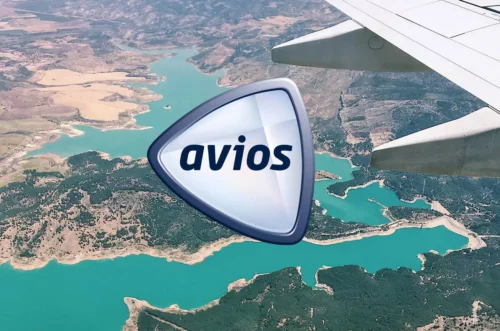
The debate appears to go like this:
- Avios Group does not charge VAT when you buy Avios from the group, either directly or via Avios subscription, or to third parties who buy points (who would reclaim the VAT in most cases, so they are not directly impacted)
- You don’t pay VAT when you buy a flight, so to the extent that buying Avios is simply pre-paying for flights, Avios Group is arguably correct not to charge VAT on Avios sales
- Avios Group states that if Avios are redeemed for items which do incur VAT, such as wine, VAT is paid at that time on the value of the points redeemed
So far, so simple – so what’s the problem?
One issue could be that Avios sales carry a substantial profit margin. Imagine that you buy £100 of Avios and book a flight with them, but Avios Group only hands over £60 to the airline. The flight may be zero rated for VAT but what is the VAT treatment of the £40 margin?
HMRC also seems to be taking aim at the idea of Avios being a ‘club’, which would be liable to VAT on membership ‘fees’. A quick look at the VAT rules on ‘subscriptions’ or ‘memberships’ shows that a key issue is how the fee is apportioned if some benefits – such as a club magazine – are zero rated for VAT but other benefits are not.
It is possible that the expansion of Avios into non-flight earning and non-flight spending is coming home to roost. HMRC has always said that frequent flyer miles have no taxable value, since they are a rebate for money spent on flights. This is no longer necessarily the case for many of the Avios in circulation. It is also the case that they are no longer always redeemed for zero rated activities (ie flights).
If Avios Group and HMRC do not come to an agreement and decide to go to a tax tribunal, IAG is required to lodge the whole of the disputed sum with HMRC first. If Avios Group wins, it gets the money back.
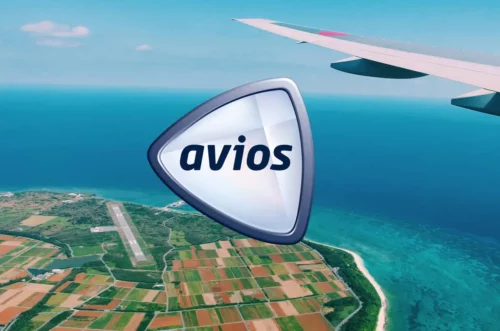
Here is the official statement from the accounts:
Since 2022, HMRC in the UK has been considering the appropriate VAT accounting to be applied by IAG Loyalty, which currently recognises VAT on the redemption of Avios depending on the associated redemption product, for which the vast majority are flights that are zero-rated. The Group’s current VAT accounting is based on a ruling issued by HMRC. The Group, along with its legal and tax advisors, considers the existing VAT accounting remains appropriate.
At the date of this report, HMRC has not issued a decision on what it considers to be the appropriate VAT accounting IAG Loyalty should apply and as such it is not possible to reliably estimate what the range of potential exposures are, if any.
HMRC has issued IAG Loyalty with VAT assessments to protect its position in respect of historical periods for the 31 months ended September 2020 that amount to €247 million. Were HMRC to issue further VAT assessments, applying the same methodology as those already issued, up to 30 June 2024, the Group estimates these would amount to €710 million [£600 million].
In the event that HMRC issue an adverse decision, the Group will need to advance the matter to the First-tier Tribunal (Tax) and to do so, will need to pay to HMRC, without admission of liability, the total amount of assessments having been issued to the Group at that date, which will be recoverable, in part or in full, should the Group be successful through litigation in the case.
The Directors are satisfied that it is not probable that an adverse outcome will eventuate and accordingly, the Group does not consider it appropriate to record any provision for this matter at 30 June 2024.
There is some further information in the notes to the accounts:
HMRC’s emerging view asserts that the charges made by IAG Loyalty are for participating / membership in the Avios scheme and the associated charges are subject to VAT. This emerging view differs to the current VAT accounting approach by IAG Loyalty, which is based on the Ruling issued by HMRC. Accordingly, IAG Loyalty accounts for VAT depending on the nature of the redemption products for which Avios are redeemed, the vast majority of which are flights which are zero-rated. HMRC’s emerging view excludes any consideration of the validity of the Ruling.
One bit of relief would come from the ability to reclaim input VAT. IAG believes that:
the Group expects [up to £220 million] to be recoverable as input VAT for certain subsidiaries of the Group, predominantly by British Airways.
You can find out more in the IAG half year accounts here. It is a PDF so you can open it and search for ‘HMRC’ to find the relevant paragraphs.
PS. If you are not a regular Head for Points visitor, why not sign up for our FREE weekly or daily newsletters? They are full of the latest Avios, airline, hotel and credit card points news and will help you travel better. To join our 70,000 free subscribers, click the button below or visit this page of the site to find out more. Thank you.
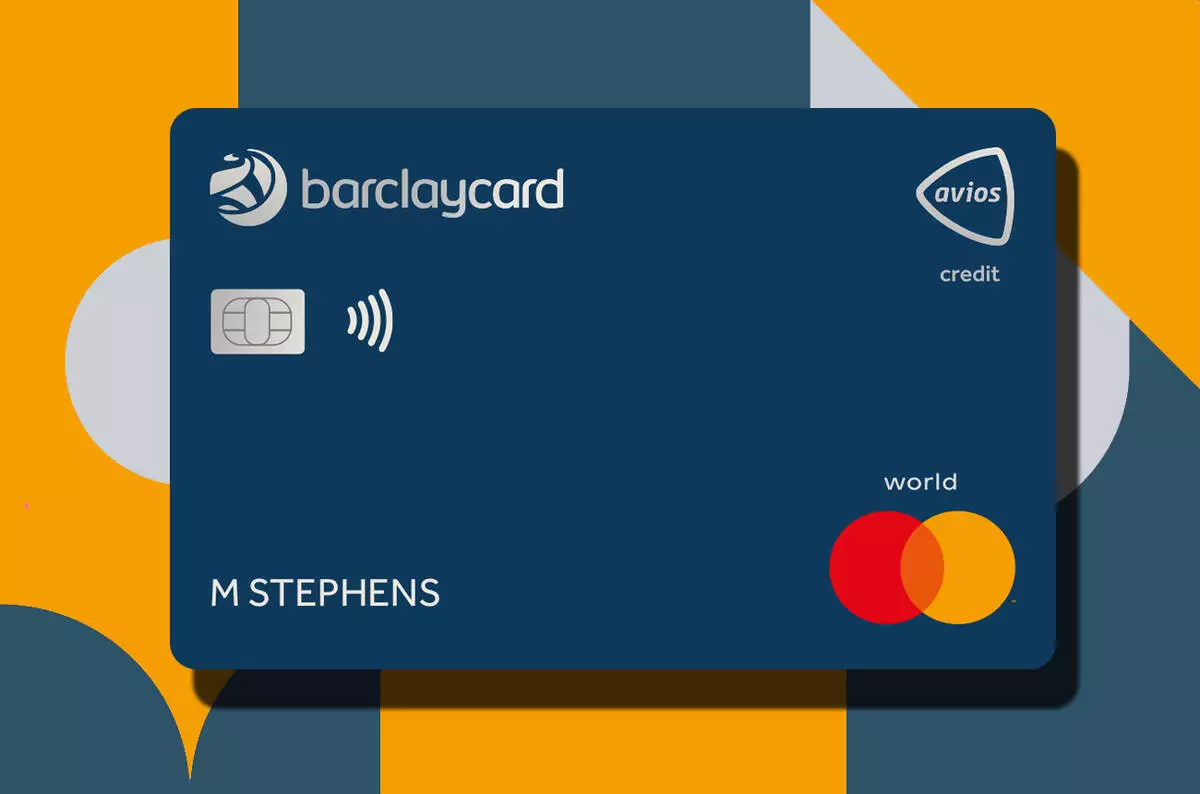
How to earn Avios from UK credit cards (July 2025)
As a reminder, there are various ways of earning Avios points from UK credit cards. Many cards also have generous sign-up bonuses!
In February 2022, Barclaycard launched two exciting new Barclaycard Avios Mastercard cards with a bonus of up to 25,000 Avios. You can apply here.
You qualify for the bonus on these cards even if you have a British Airways American Express card:

Barclaycard Avios Plus Mastercard
Get 25,000 Avios for signing up and an upgrade voucher at £10,000 Read our full review

Barclaycard Avios Mastercard
Get 5,000 Avios for signing up and an upgrade voucher at £20,000 Read our full review
There are two official British Airways American Express cards with attractive sign-up bonuses:

British Airways American Express Premium Plus Card
30,000 Avios and the famous annual Companion Voucher voucher Read our full review
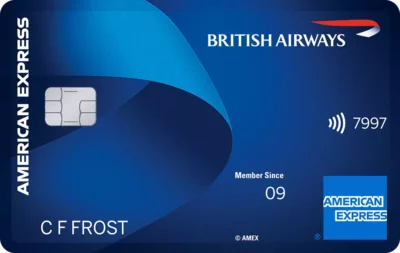
British Airways American Express Credit Card
5,000 Avios for signing up and an Economy 2-4-1 voucher for spending £15,000 Read our full review
You can also get generous sign-up bonuses by applying for American Express cards which earn Membership Rewards points. These points convert at 1:1 into Avios.

American Express Preferred Rewards Gold Credit Card
Your best beginner’s card – 20,000 points, FREE for a year & four airport lounge passes Read our full review

The Platinum Card from American Express
50,000 bonus points and great travel benefits – for a large fee Read our full review
Run your own business?
We recommend Capital on Tap for limited companies. You earn points worth 0.8 Avios per £1 on the FREE standard card and 1 Avios per £1 on the Pro card. Capital on Tap cards also have no FX fees.

Capital on Tap Visa
NO annual fee, NO FX fees and points worth 0.8 Avios per £1 Read our full review

Capital on Tap Pro Visa
10,500 points (=10,500 Avios) plus good benefits Read our full review
There is also a British Airways American Express card for small businesses:
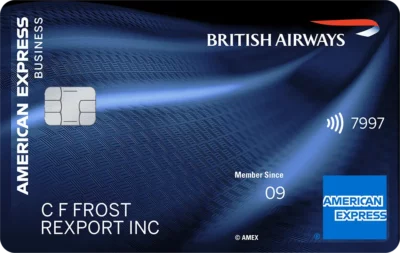
British Airways American Express Accelerating Business Card
30,000 Avios sign-up bonus – plus annual bonuses of up to 30,000 Avios Read our full review
There are also generous bonuses on the two American Express Business cards, with the points converting at 1:1 into Avios. These cards are open to sole traders as well as limited companies.

The American Express Business Platinum Card
50,000 points when you sign-up and an annual £200 Amex Travel credit Read our full review

The American Express Business Gold Card
20,000 points sign-up bonus and FREE for a year Read our full review
Click here to read our detailed summary of all UK credit cards which earn Avios. This includes both personal and small business cards.



 Rob
Rob 





Comments (101)